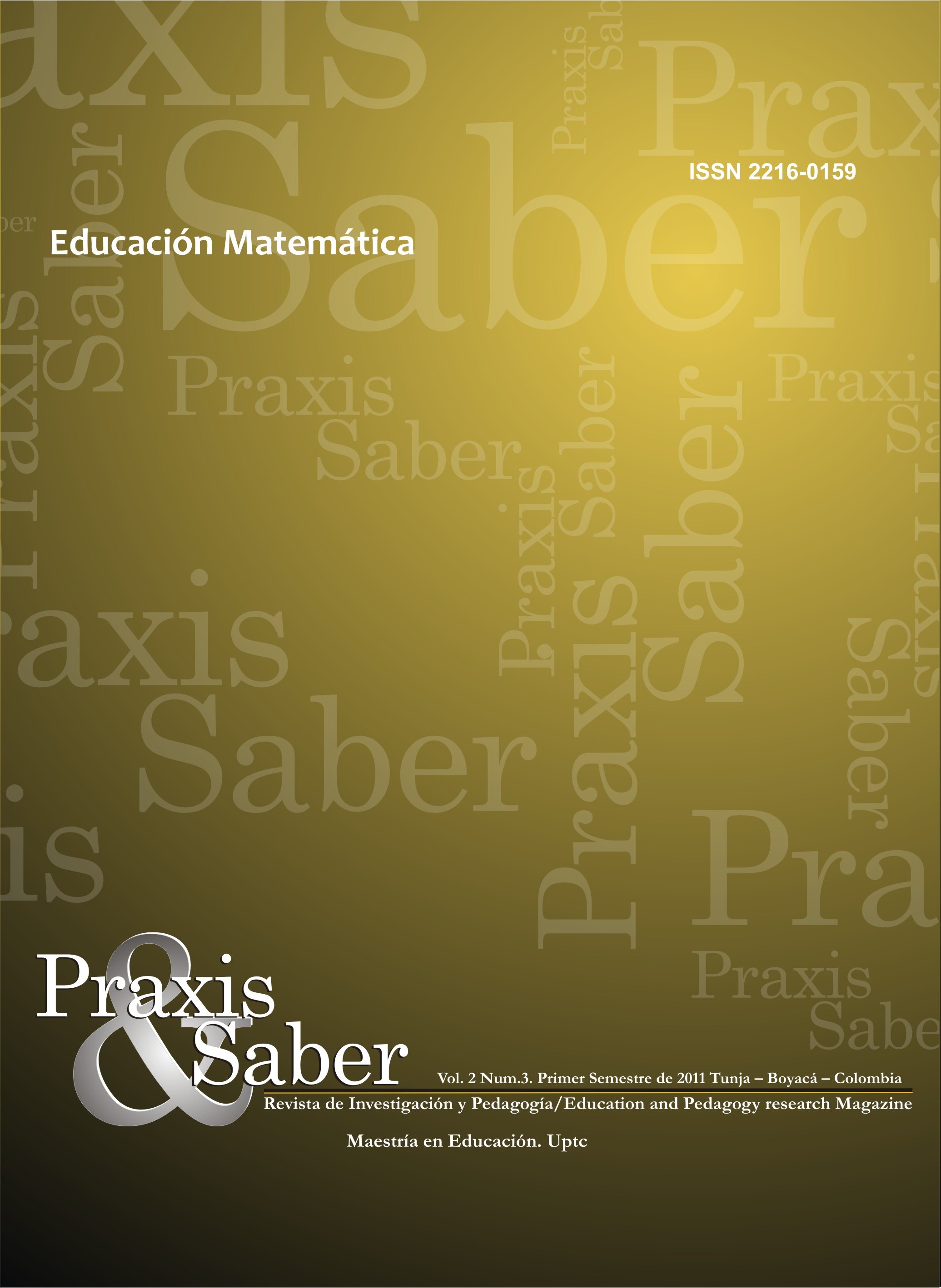Proposal of a pedagogical model for mathematics teacher education

Abstract
This research-based article reflects on mathematics teacher education, and proposes a pedagogical model for this purpose, called Gradual Research Pedagogical Model (MPGI). This model considers the central curricular elements of any academic education process: student, teacher and contents, with evaluation as transversal element for analysis and feedback. The training of future teachers is constituted by three moments, each with its specific emphasis: the first is “contextualization”, which aims at having the student understand his or her new academic role, and identify and overcome his or her academic weak points, the second is “knowledge foundation”, which offers basic education in the fields of mathematics and pedagogy, as well as sensibilization towards social issues, opening up the student’s possibilities as leader and agent of change, and lastly, “knowledge immersion”, which is centered on research and the identification and study of topics and problems of the mathematical discipline as well as the pedagogical field.Keywords
Curriculum, Mathematics teacher, Educational model, Mathematics teacher education.
References
- Alviárez, Leyda; Moy Kawan, Hau Fung y Carrillo, Alí. (2009). “De una
- didáctica tradicional a la mediación de los procesos de aprendizaje en loscurrículos de educación superior”. Telos, 11(2): 194-210. Disponible en: http://redalyc.uaemex.mx/src/inicio/ArtPdfRed.jsp?iCve=99312517005.
- Bakthin, Mikhail. (2000). Estética da criação verbal. São Paulo: Editora Hucitec.
- Barth, Britt-Mari. (1993). O saber em construção. Lisboa: Instituto Piaget.
- Bravo, Néstor. (2001). La investigación y la integración educacional. En:Investigación educativa e innovación. Memorias. Bogotá: Editorial
- Magisterio; pp. 107-123.
- Colombia: Ministerio de Educación Nacional. Ley General de Educación.Febrero 8 de 1994.
- D’Ambrosio, Ubiratan. (2000). Etnomatemática: elo entre as tradições e a modernidade. Belo Horizonte: Autêntica Editora.
- D’Ambrosio, Beatriz. (2005). “Conteúdo e metodologia na formação de
- professores”. Em: Cultura, formação e desenvolvimento profissional de
- professores que ensinam Matemática. São Paulo: Musa Editora; pp. 20-32.- Pág. 61 - 86
- tenhouse, Lawrence. (1998). Investigación y desarrollo del currículum.Madrid: Morata.
- Stone, Marshall. (1978). “La revolución en las matemáticas”. En: Piaget,J.; Choquet, G.; Dieudonné, J.; Thom, T. y otros: La enseñanza de las matemáticas modernas. Madrid: Alianza.
- UNESCO. (1998). Conferencia Mundial sobre Educación Superior: Declaración mundial sobre educación superior para el siglo xxi. París.
- Universidad Pedagógica y Tecnológica de Colombia. Facultad de Educación.
- (1995). Proyecto Académico Educativo, Licenciatura en Matemáticas y
- Física.Universidad Pedagógica y Tecnológica de Colombia. Facultad de Educación. (2010). Proyecto Académico Educativo –PAE–
- de la Licenciatura en Matemáticas de la UPTC.
- Vasco, Carlos. (2008). Palabras de agradecimiento por el Premio “Fransiska Radke”. Bogotá, 30 de julio de 2008.
- Villar, Luis. (1990). El profesor como profesional: formación y desarrollo profesional. Granada: Universidad de Granada.
- Zeichner, Kenet. (1993) A formação reflexiva dos professores: idéias e práticas.Lisboa: Educa.
Downloads
Download data is not yet available.